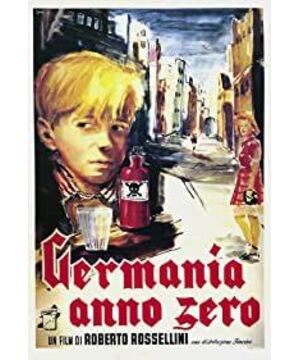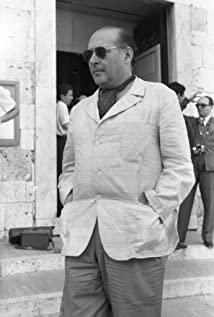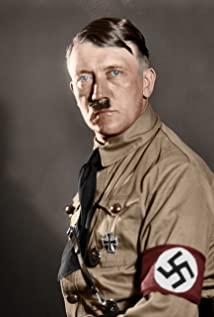My sister and brother are very worried, and there is no more food at home. I'm going out to find a way to get something to eat back. I can go to Mr. Henning. He said he could help me.
Mr. Henning said that people are dying. In times of hardship, feelings are useless. This is the competition for survival. Dad is the same. The weak are wiped out by the strong. The weak must have the courage to sacrifice. Only in this way will it continue endlessly. Mr. Henning asked me to think about it, and then act.
I don't know if this is correct.
I went to see Dad.
Dad said, going back will only become a burden for us again, and it will be fine if we die. I also thought about committing suicide by diving...
What kind of medicine is this?
...But no courage. He survived again because of fear. It's really distressing.
Perhaps what Mr. Henning said was right. Dad doesn't want to live anymore, but he needs some help.
This medicine works well, I have to put it away quickly.
. . .
--------------------
Edmund is not only instilled in this concept in the film. Almost everyone around him has this idea.
Among the five residents living in this apartment, almost no one sympathized with the Edmund family. There is only an isolated woman who will sympathize with Edmund's father, but it is this woman who is still sympathetic, but is still hostile by Edmund's family.
My father's attitude towards his elder brother was also quite rude, thinking that he should not hide at home because he was a burden to the family. He often scolded his brother for being a coward.
He thought Mr. Henning was good to him, but it was just because he wanted to use him.
Although it was because of the "competition for survival" speech that led him to kill his father, everything he had seen and felt before that had been imperceptibly affecting him.
Even his father and elder brother, because his father and elder brother are most proud of participating in World War I and World War II respectively, and did not give up in the war, and persisted to the end.
Judging from these places, it is difficult to tell whether it is because the Nazis’ speech created such a result, or because the national identity of the Germans determines this.
After all, this was filmed from the perspective of an Italian. In fact, Rossellini only borrowed the form of a German to express, a non-German's view of the war, he did not really understand the Germans' own feelings about the war.
View more about Germany Year Zero reviews








